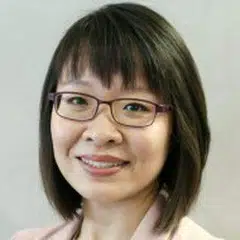Mourning the dearth of China experts in the West with a deep understanding of China
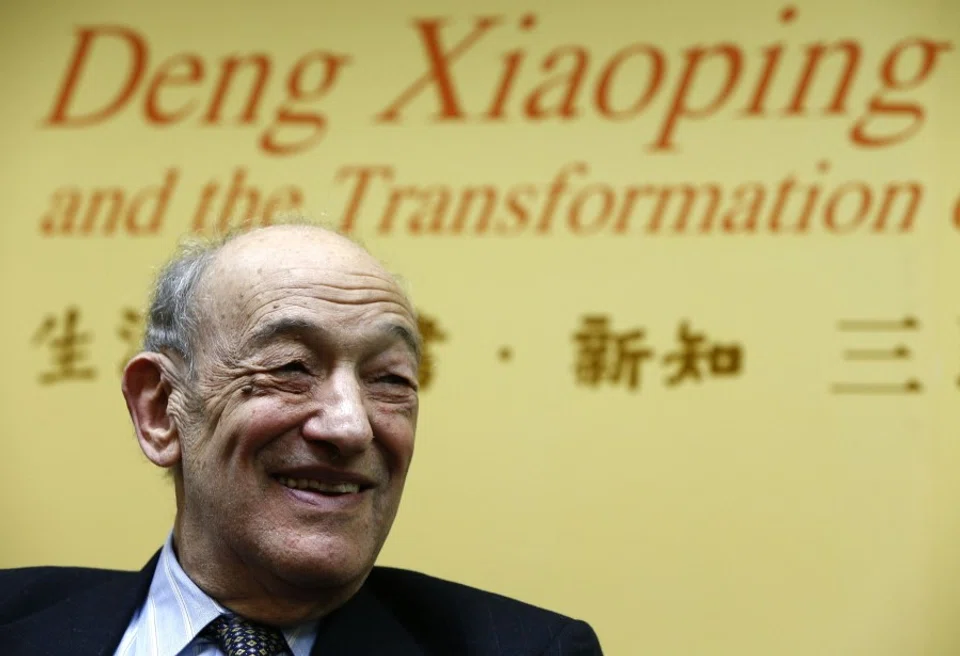
The passing of US academic and China affairs expert Ezra Vogel was sudden news for many. Just on 1 December, he participated in the Xiangshan Forum via video link, giving his views on China-US relations, which are at a point of historic change.
Vogel assessed that US President-elect Joe Biden would bring new opportunities for China-US relations, and proposed that the US should acknowledge China's contributions to the world and treat it fairly.
In the context of intensifying China-US conflict, these words from Beijing's perspective would be objective and fair, and in line with this academic's usual attitude to China.
Vogel was born in 1930. He previously headed the Center for East Asian Research (now the Fairbank Center for Chinese Studies) at Harvard University, and was the national intelligence officer for East Asia at the National Intelligence Council in Washington between 1993-1995 under the Clinton administration.
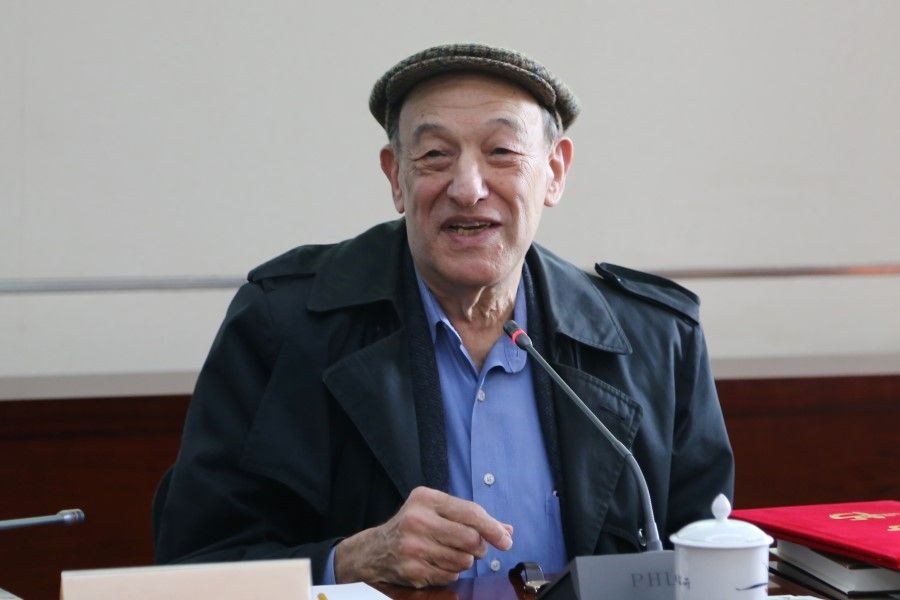
He was fluent in Chinese and Japanese, and a rare authority on China and Japan. Many Chinese were familiar with him because of his book Deng Xiaoping and the Transformation of China, and Beijing saw him as a China expert who could read China's development and social change from the perspective of an observer.
Despite his advanced years, Vogel remained active over the past couple of years, providing food for thought on China-US relations at a crossroads.
"His contributions to China-US relations will not be forgotten." - Chinese foreign ministry spokesperson Wang Wenbin
Last July, over 100 US academics and diplomats as well as military and business persons familiar with China and Asian affairs signed an open letter written by Vogel and four others saying "China is not an enemy". In April this year, with nearly 100 former US politicians, along with experts and academics, he called for China-US cooperation in handling the global crisis brought about by the coronavirus. And in July, Vogel wrote in the Washington Post calling on the Trump administration not to push the Chinese toward anti-American nationalism.
There was a significant reaction in China to the passing of this US academic. The Chinese authorities gave him a good assessment and due recognition, with foreign ministry spokesperson Wang Wenbin describing him as "an old friend of the Chinese people" at a regular press briefing on 21 December, adding: "His contributions to China-US relations will not be forgotten."
"Throughout his lifetime he was dedicated to greater mutual understanding between the Chinese and American people and made significant contribution to their friendship and China-US relations." - Chinese ambassador to the US Cui Tiankai
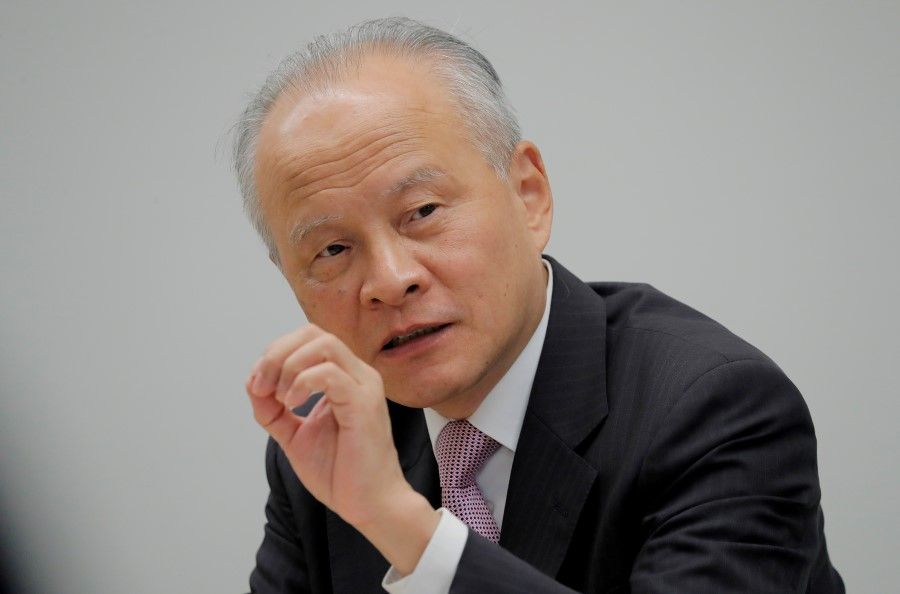
Cui Tiankai, China's ambassador to the US, also tweeted his condolences, describing Vogel as "an outstanding scholar on China and an old friend of the Chinese people". He also said, "Throughout his lifetime he was dedicated to greater mutual understanding between the Chinese and American people and made significant contribution to their friendship and China-US relations."
Many of China's international relations academics who came into contact with Vogel have posted their condolences over the past few days, expressing their respect and remembrance of this eminent scholar. But apart from grief, some Chinese scholars also expressed disappointment and pessimism at the decline of the generation of China experts in the US like Vogel, known as the zhihua pai (知华派, literally "the faction that understands China"), and the increasing dearth of Western voices who are able to look at China objectively, pragmatically, and peacefully.
Really few scholars are like Vogel, who truly understand China and are able to analyse and evaluate China based on a deep understanding of China's history, culture, and nationality.
It is a fact that over the past two years of intense China-US rivalry, the number of China experts who are able to exert a positive influence on the two countries' relations is on the wane.
Most of the zhihua pai China experts in the US are getting on in years and few of them remain on the forefront of political debate. Besides, the majority of the US's middle-aged and younger China academics mainly study China's rise from a geopolitical perspective, or otherwise in terms of Beijing's projection of external influence and China's threat to the US's global leadership. Really few scholars are like Vogel, who truly understand China and are able to analyse and evaluate China based on a deep understanding of China's history, culture, and nationality.
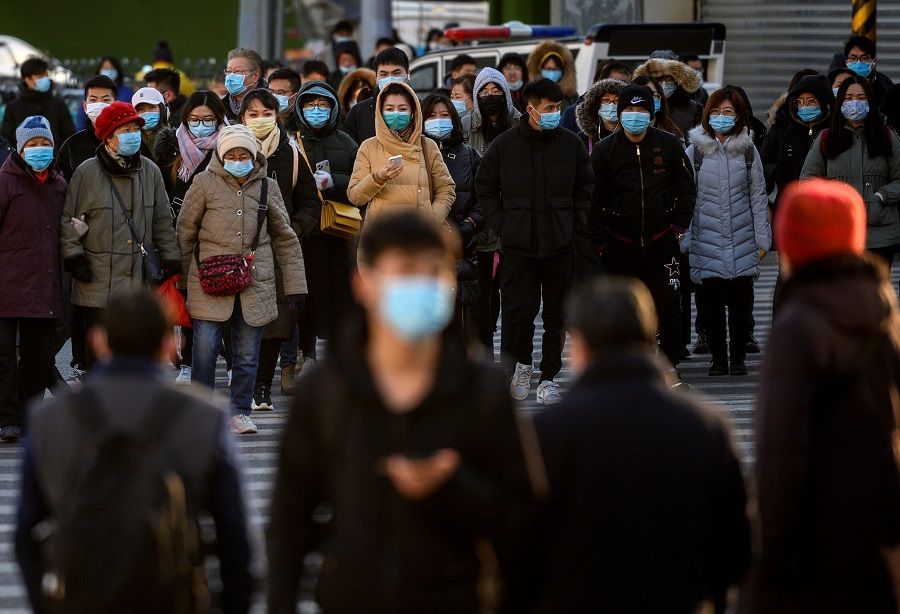
More importantly, when being tough on China becomes a common stance across the US's political, commercial and academic circles and society in general, and constitutes a new kind of political correctness, the voices of these zhihua pai China experts are marginalised, and their influence on US policy diminished. Against this backdrop, it is worrying that the US's analyses and judgements of China are becoming increasingly similar and simplistic.
Just as worrying is the thought that with the rapid deterioration of China-US relations, would China's analyses and judgements of the US also be increasingly similar and simplistic? Would voices that support and understand the US also become marginalised in China?
If China wants to become a modernised country, it has much to learn from Europe and the US in many areas, including the "pro-Americans" and "US experts".
Recently, Chinese state media repeatedly criticised and attacked those that "kneel before" or "worship" the US (跪美/崇美) as having minds with osteomalacia (soft bone disease, 软骨病). They claimed that these people would be the first to surrender in a battle. They even used antagonistic phrases such as "forgetting one's roots (数典忘祖)" and "helping the villain do evil (助纣为虐)" to describe these so-called perpetrators. While mainstream voices in China have not gone so far as to wage an all-out confrontation against the US, if these condemnations are taken to the extreme, would they also constitute another form of arrogance and irrationality?

Views by zhihua pai China experts are already being stifled in the US. It would not be a good sign if such a suppressive environment also exists in China's public opinion circles. Amid US hostility toward China, Beijing should try to avoid chalking up unnecessary mutual enmity. If both countries want to foster constructive dialogue and work towards cooperation amid competition, they must have a clear understanding of each other's strengths, weaknesses, concerns, and worries. Additionally, as the world's greatest developed economy, the US has many strengths as well. If China wants to become a modernised country, it has much to learn from Europe and the US in many areas, including the "pro-Americans" and "US experts".
Objectively speaking, structural contradictions in the China-US relationship will not disappear just because there is another China or US expert who has moderate views and who deeply understands these countries. However, if both countries are unable to look at China-US relations from each other's perspectives, clashes between both parties are likely to become more intense. That is why the passing of a luminary like Vogel, who understood both China and the US, is such a great loss.
